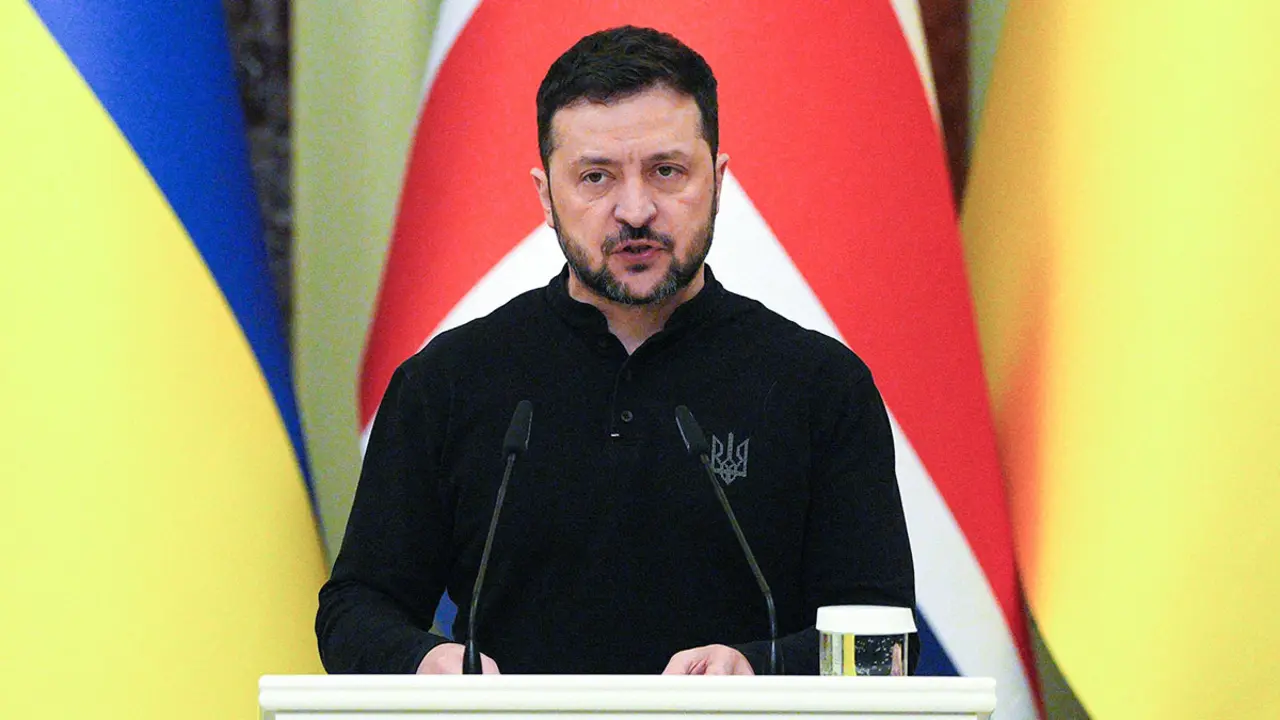Erdogan reaches out to Egypt and Gulf countries for "mutual benefit"

Turkey seeks a rapprochement with Egypt and the Gulf states to end years of tension in the region. "I know the Egyptian people very well. The cultural aspect of our ties is very strong. So we are determined to restart this process," Turkish President Recep Tayyip Erdogan told state broadcaster TRT on Tuesday. Ankara's strategy is to rebuild ties with Cairo and thus move closer to its Gulf partners.
Erdogan revealed that his aspiration is to 'seize these opportunities for cooperation at the highest level and improve our ties' on a mutually beneficial basis with Egypt, and that 'the same situation is valid for all Gulf countries'. For this reason, Turkey has in recent months launched a diplomatic offensive to repair its bilateral relations not only with Egypt, but also with Saudi Arabia and the United Arab Emirates.

In May, the Turkish government sent a delegation led by the deputy foreign minister, Sedat Önal, to the Egyptian capital for a meeting with his Egyptian counterpart, Hamdi Loza. The talks in Cairo lasted two days and marked the first contact between the two sides since the severing of relations in 2013, following the ouster of Mohamed Morsi, Egypt's first democratically elected president and a member of the Muslim Brotherhood, who had Ankara's backing.
The meeting ended with a statement from the Egyptian foreign ministry acknowledging that the "exploratory talks will focus on the necessary steps that can lead to the normalisation of relations between the two countries, bilaterally and in the regional context". However, the rapprochement had a history. Erdogan declared in March that the two countries had maintained "intelligence, diplomatic and economic" contacts, adding that he hoped that ties between the two nations would be "strong". In addition, his government asked three Egyptian television channels, based in Istanbul and linked to the Muslim Brotherhood, to soften their criticism of the Abdel Fattah al-Sisi-led government.

Egypt was receptive, describing the action as "a good initiative that establishes a favourable atmosphere for discussing contentious issues between the two nations". A possible energy agreement on the Eastern Mediterranean dispute or the recent normalisation of relations in the Gulf, promoted by Washington, seem to be the causes that unite Ankara and Cairo. Since then, both have been moving towards a reconciliation that would allow them to put aside their differences and cooperate on regional issues to their mutual benefit.
Egypt's conditions for restarting bilateral relations with Turkey include "respect for privacy, non-interference in internal affairs and no sponsorship of any extremists who oppose the state", Egyptian Foreign Minister Sameh Shoukry said in May. "What we expect is that Turkey will modify the course of [its] policy so that it does not intersect with Egyptian interests, especially when it comes to Egyptian national security, and this is framed in terms of taking practical steps that can be monitored and evaluated. There will be other exploratory rounds that will lead to normalisation once we have the assurance that Egyptian interests are fully taken into account," he added.

After several years of friction with its regional neighbours, Turkey has in recent months launched a diplomatic offensive to resume relations with Egypt, Saudi Arabia and the UAE. The latest rebuff to Ankara came in June 2017, when Riyadh, Abu Dhabi, Manama and Cairo imposed a blockade on Turkey's only partner in the region: Qatar. Finally, under pressure from the US and with no tangible benefits for the quartet, the Gulf allies and Egypt lifted the blockade on Qatar, and normalised relations.
Beyond the appeasement between Egypt and Qatar, Turkey's openness responds to a need to circumvent the diplomatic isolation to which it has been subjected in the eastern Mediterranean, where the discovery of large natural gas fields in recent years has led to joint action among several states to exclude Ankara from the spoils, including Egypt. However, "Turkey must realise that its relationship with Egypt is not linked to the latter's relationship with Cyprus and Greece, and be well aware that the restoration of ties between Ankara and Cairo will not come at the expense of the latter's relationship with any other country," Ayman Samir, professor of international relations at Cairo University, told Al-Monitor.

In any case, the road to reconciliation between Turkey and its neighbours will not be straightforward. The head-on dispute over the Libyan chessboard, where Ankara provided military support to the Tripoli government, which is being fought by a faction backed by Egypt, the UAE and Saudi Arabia, and the murder of dissident Saudi journalist Jamal Khashoggi in the latter's consulate in Istanbul are sources of tension between Turkey and its neighbours.








